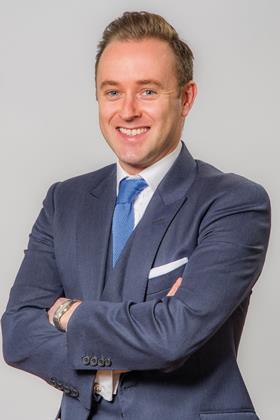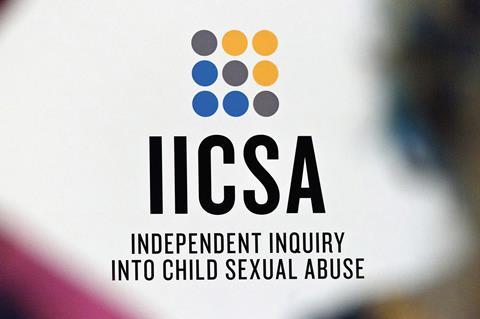A ‘broken’ legal system means thousands of survivors of historical child abuse are falling through the cracks and unable to access vital mental health support. This is why I am calling on institutions accused of child abuse to do the right thing and change their default position of denying liability and help change this broken system.

Although the recently released Independent Inquiry into Child Sexual Abuse (IICSA) report recommended important measures that, if implemented, will make a difference for survivors pursuing the civil claims route, it fell desperately short in providing extra support for survivors’ mental health. Even the proposed civil redress scheme does not recognise that extra funding will need to be provided for counselling. This is concerning given that, traditionally, redress schemes tend to pay less compensation and are less tailored to individual circumstances. Private therapy is expensive and we need to make sure survivors are appropriately compensated for this through such a scheme, even if they do not wish to bring a civil claim.
Bringing a claim for sexual abuse is a difficult, brave thing to do. It is often necessary for an individual to be able to confront what happened and to start the journey towards repairing the damage done to them. Unfortunately, many defendant institutions accused of child abuse routinely deny liability in the first instance, even when the evidence is irrefutable. This standard position of denying any responsibility for the abuse by institutions and organisations – including local authorities, religious organisations and sports clubs – means the survivors are denied access to mental health treatment and support during their case. This is an incredibly traumatic time which sees the survivor having to relive the abuse, often after many years.

Time and again I bring claims against these large institutions which deny liability. This means access to interim treatment and support, which is granted in other injury cases, is unavailable. While we will always apply pressure to defendants to do the right thing and make an interim payment to our clients so they can have access to the treatment they need, the current position is that they are under no legal obligation to do so. Because of this, many clients are forced to wait until the successful conclusion of their case before they can get treatment and start getting better. This is a problem for those bringing claims, because they have reached a point in their life where they are in desperate need of therapy and other mental health treatment as well as support but have no certainty regarding when they can get it. It was extremely disappointing that the IICSA report failed to acknowledge this.
In recent years this problem has been heightened by the great difficulty that people have in accessing mental health treatment on the NHS. It is a huge step for a survivor to admit they need mental health support. When they do not have immediate access to help, this can impede access to recovery and exacerbate existing mental health illnesses, particularly when going through a civil case. Many survivors feel helpless.
Unfortunately, the NHS is currently under massive pressure. This means those in great need of mental health support might not have easy access to it, especially given the waiting times. It is estimated that 1.8 million people are on the waiting list for mental health treatment. A lack of government funding and shortage of medical professionals is continuing to limit access to treatment. Often people bring compensation claims because they need medical treatment which they have had difficulties accessing on the NHS. Some clients may have been offered treatment, but in most cases it is not a realistic amount when these individuals have lived with the aftermath of abuse for decades. It will have affected all aspects of their life, from relationships to education and employment opportunities.
This is a wholly unsatisfactory situation. To ensure these claimants are not left without support at one of the most vulnerable times of their lives, Bolt Burdon Kemp has launched a care therapy fund, paying up to £2,500 to cover this important interim support and therapy for our abuse clients. This package, the first of its kind, is designed to plug the gap and ensure abuse survivors are not left unsupported through a very difficult time. Covid-19 has exacerbated the issues abuse survivors face and many are undoubtedly struggling to access mental health support. Therefore, with the care fund in place, we will be able to help our clients begin to get better sooner. We also hope it will enable them to grow stronger and heal as their claims progress, so that by the time their case concludes, they are ready to face a new and brighter future.
The feedback we have received from the survivor organisations with whom we work closely has been overwhelmingly positive.
As a firm, Bolt Burdon Kemp is committed to achieving the best possible outcome for our clients. We always strive to help in any way that we can.
David McClenaghan is a partner and head of abuse claims at Bolt Burdon Kemp































No comments yet